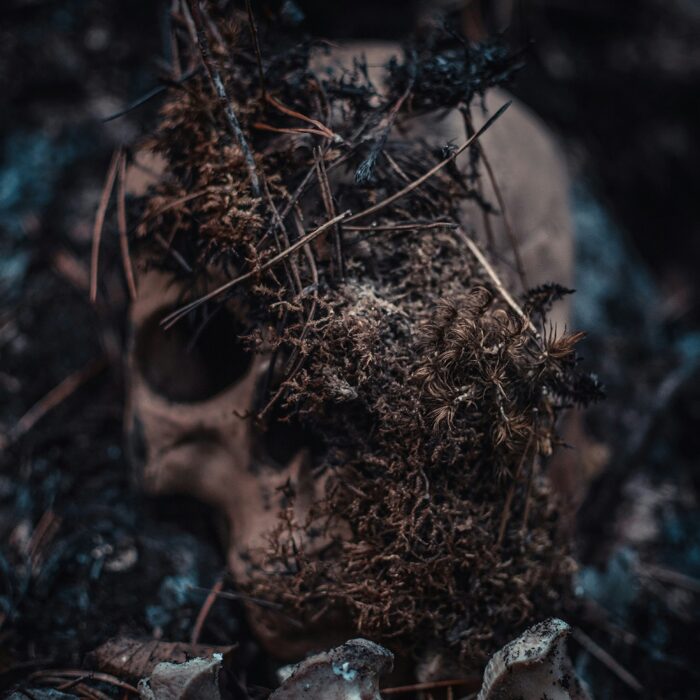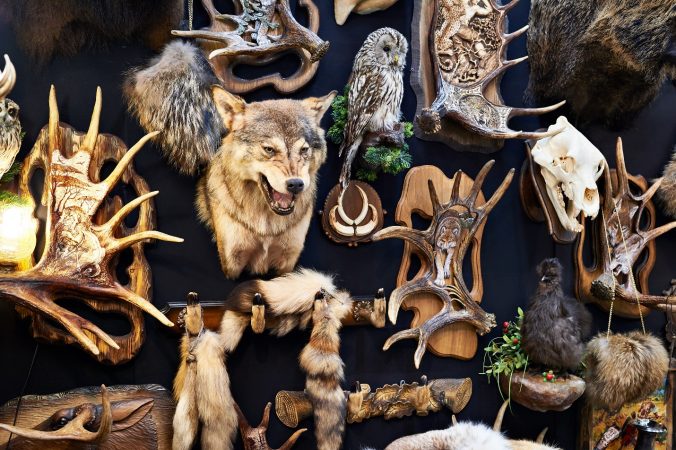You have no items in your cart. Want to get some nice things?
Go shopping
A story walks into a bar.
Outside, the sky rips open – like a page from a notebook – and just like that, sheets of rain. The bar is not so crowded that when the story takes off her coat, she can’t feel eyes on her, checking her out from every corner of the room, looks slipping like raindrops from her bosoms to her hips. Most people know that stories have subtext, but this story can hear even the whisper of a thought. It gets embarrassing.
She settles on a stool at the bar, figuring the bartender the safest. The bartender reaches for whisky, but no. Stories, you know, like to change things up.
“I already feel too fragmented today,” she says, pushing the shot glass away.
The bartender makes it look like it doesn’t hurt his pride. He shrugs, thinks about chugging the whiskey himself, then quickly flushes it down the sink. He won’t be embarrassed again. He plants both hands on the counter, asks, “What will you have, then?”
“Milk,” says the story, not a heartbeat of hesitation.
The bartender is genuinely surprised. “Kind of early for that, isn’t it?” he mumbles, but already he bends to retrieve a carton from the minifridge under the bar. His hands are shaking. He thought he knew a story or two.
A man two stools down slides one over. The story, without as much as a twist, changes subject. Up come the ramparts. The gleaming brooks of her dress turn dark and boiling with lava.
The man – his name is Bob – doesn’t get the hint. “So you’re a story, huh?” Bob leans close enough that the story can smell his cigar breath. He doesn’t notice the prickly pears in her hair. “I knew a story once.”
The story cuts him short: “Look, I’m just here for the rain,” she says.
“A story for a rainy day.” Bob grins, pleased with himself.
The bartender steps up, pouring the milk. He realises he forgot to ask if skim is okay. “Want cookies with that?”
“Please,” says the story, but the way it comes out, like an exhalation, it’s unclear what she means by it.
The bartender stands there, like a college kid who forgot there was a quiz. She thinks, “It’s so hard to raise them.” The story hates to repeat herself. Always has.
In that awkward silence, she hears Bob’s thoughts loud and clear. Stories are such sluts.
“Not sluts. People pleasers,” she corrects him.
She relishes a moment the way Bob looks stunned. In a minute he’ll twist what she said in ways that will fit his presumptions: that she’s available; that she’s here because she’s available; that she’s available for him, so long as he persists with his bad jokes and thick grins. And if that doesn’t work, Bob’s got a solution. He’s got a pill in his wallet he’ll slip into her drink when she’s not watching.
It wouldn’t work even if she didn’t already see it coming like the fate of the hot blond in a B-rated horror, but it might scramble her timeline and leave her in a stupor of digressions for days and bind her up in commas and semicolons that will take weeks to unknot.
So, Bob. The story knows his type: the type to forget all the important details, the type to get her all wrong when he talks about it later, with friends. Bob’s married, she decides, or has a live-in girlfriend, with three kids from a previous marriage. He earns less than the wife/girlfriend but can’t help lording how busy he is when kid duties come up. The story knows all sorts of Bobs like this one. There’s always a Bob of one kind or another in her day.
It will be hard to get rid of him now that he has a name, even one as obvious as that. There are other people in this bar, but they didn’t get to be named. Not even the bartender, who now places a dish of crackers on the counter and cautiously slides it towards her. Crackers, not cookies.
But then, this is a bar, and what exactly had she been thinking, coming in here?
A story can suffer a little rain. A story can suffer a storm, a hurricane, a climate disaster – gobbling them up like Christmas cookies set out by the fireplace for Santa, but this story chose to walk into a bar, put off by a little rain. And now she’s stuck.
Bob slithers closer, the pill in his wallet his main and only plot point.
The bartender is losing his confidence. He turns his back. He fidgets with the television. She could do something to dignify him, if, say, Bob gets out of hand, but the story is done being generous. In a second, with so many eyes on her, she’ll start feeling it, how every person here will pull something from her. She will stretch and stretch until parts of her will break off, ripped like toffee from her core. And those shreds will never be whole, never come into their own, acquired this way, like rumours, words overheard. They will tumble out of mouths a vapor, offered along with a business card at a corporate event, tossed under a thundering subwoofer at a frat house party, and they’ll mingle with lies, those embarrassing bastard cousins of hers.
The thought of it makes her obscure, riddles weaving up the length of her dress. Her face is a rebus. Already, she can feel the judgements in the room changing her. A story that changes is a dangerous thing. The bartender knows that. He senses it. Still fidgeting with the TV, he settles on the weather channel and turns up the volume, and it works. Everyone gets quiet, listening. Even Bob.
The story catches on with the bartender’s plan. The broadcast becomes all about power outages and floodings. Trembling footage caught on someone’s phone, blurry and dotted with raindrops, follows a whirlwind crossing a parking lot, flipping trucks and cars like quarters in a drinking game.
The bartender is discreet as he bends down, elbows on the counter, and whispers, “Make your exit, now.”
“I can’t,” says the story. “If I leave now, I’ll just fizzle out, like I never existed, and none of this will have mattered.”
“Is that what you need?” says the bartender. “To matter?”
The story thinks maybe she underestimated this bartender, that maybe he should have been a real Bob, not the cliché that’s biding his time for the best moment to drop a pill in her drink. Bob senses his name lifting from his skin like a wet Band-Aid. He straightens his neck, snaps his head around, shouts, “Hey!” He blinks, says, “What sort of story is this, anyway?”
Bob’s question rings up and down her entire length. What sort? What sort? Surely, the wrong sort for this kind of place. It’s a question she knows the answer to, one she doesn’t like to ponder.
She has to admit to herself, she is a story out of her age, longing for a different ending. She would not have minded landing between the glossy pink covers of a girly magazine, not even if it meant becoming a scribble of flowery italic fonts. Her friends would cringe if they knew this, but the story is tired of lying to herself. Tired of being judged. Tired of meeting Bobs on barstools, tired of waking up another college girl’s bad party night story.
The bar, the bar was the first of her mistakes.
Someone puts on music, and the TV broadcast gets drowned out. There is no more time to think about it, no time for regrets. The story’s only got a few moves left, maybe one big twist at most. The bartender’s about to get back to his job, to towel dry a glass or restock the gin. She sees her chance. She grabs his elbow first, then, brings his face down with both her hands. The kiss. The kiss is spectacular. She’s been practising it all her life.
Soon, whistles and hoots will turn into something more vulgar, but for now, for now the story wraps around itself and the bartender, opens wide like a mouth, and swallows its ending into a beginning.
A story walks into a heart.
(Because all a story really wants, in the end, is a heart.)
The heart says, Come in, my darling. Come in where it’s warm. And it stops raining.
About Laura Valeri
Laura Valeri is the author of three short story collections and a book of essays. Her most recent work, After Life as a Human, an ecological memoir, was released in November 2021 with Rain Chain Press. Laura Valeri's essays, stories, and translations are published in South85 Journal, Assay, Santa Fe Writers Quarterly, Fiction Southeast, PRIMS, (mac)ro(mic), and others. She teaches creative writing at Georgia Southern University and is the founding editor of Wraparound South, a journal of southern literature. Learn more about Laura Valeri on www.lauravaleri.com




